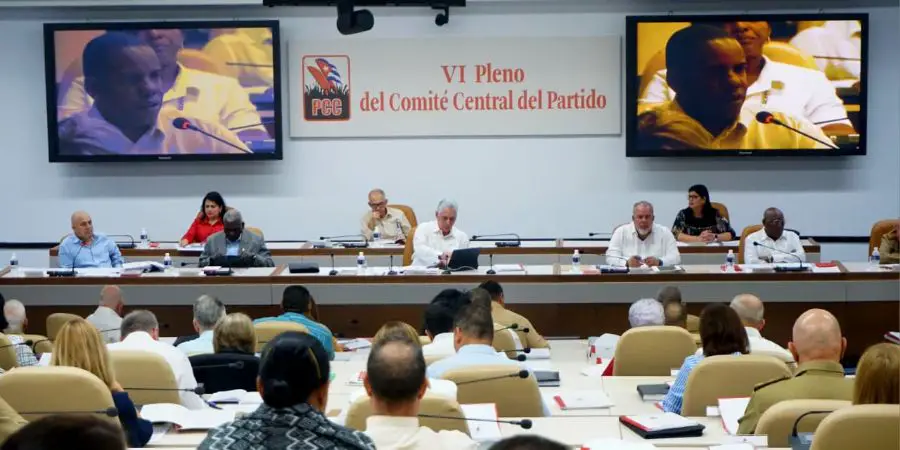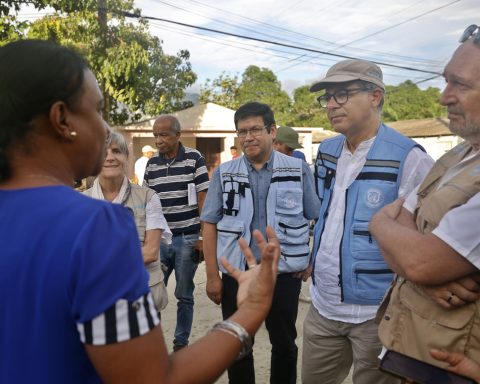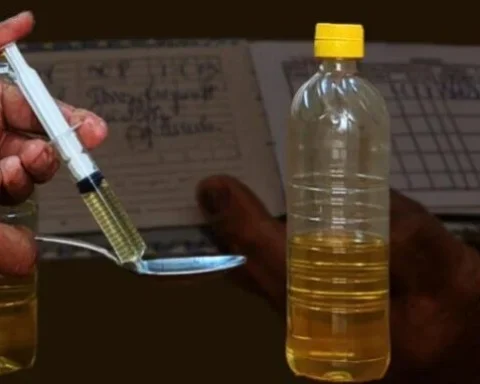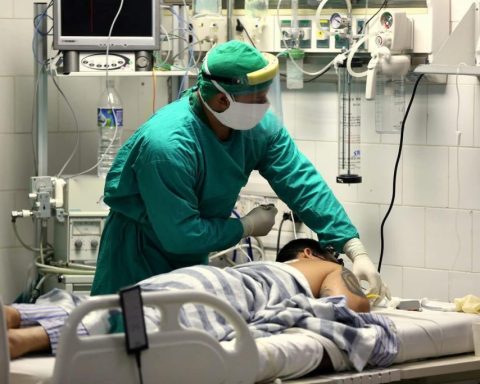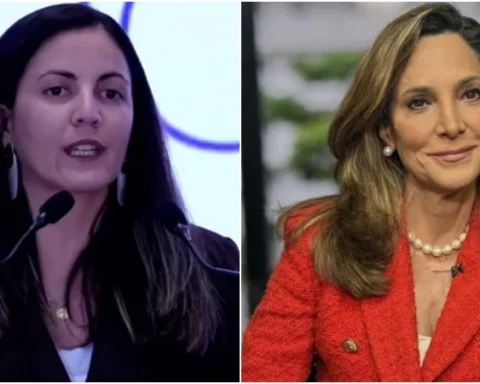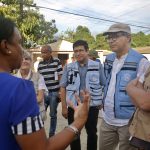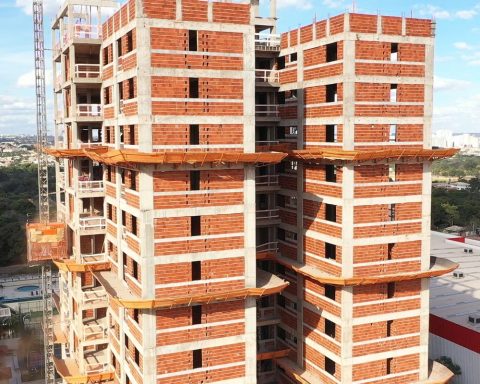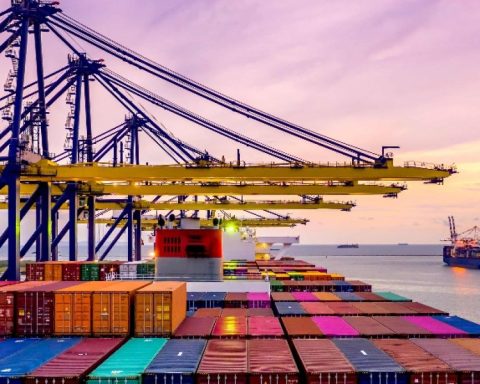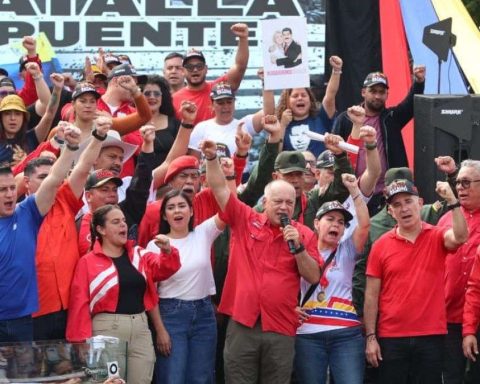CDMX, Mexico. – The VI Plenum of the Central Committee of the PCC was summoned to analyze compliance with the “Guidelines of the Economic and Social Policy of the Party and the Revolution.” According to the Minister of Economy and Planning, Alejandro Gil, Of the 201 guidelines, 13 are without progress and 67 have low progress, so that both categories concentrate close to 40 percent; while 110 have a medium progress (54.7 percent) and 11 a high progress (5.4 percent). The 13 guidelines without progress, said the minister, refer to food production.
Why are the guidelines dedicated to food production precisely those that are not met? A finding of this type would make the entire government resign in any democratic country. In another country, with a division of powers, Congress would remove incompetent rulers.
The problem is not the crisis; is the model of social control
As long as Cuban peasants depend on state intermediaries to buy their inputs, produce and trade, and the Government maintains the “state charge” of 75 percent of production (100 percent in the case of tobacco) at prices below demand and supply, food production and all national production will remain an impossible mission: this is an insurmountable stumbling block in societies that seek totalitarian social control, as demonstrated by the collapse of the “socialist” camp in the former USSR and Eastern Europe.
The chaining of state and private companies, according to the 2011 Guidelines, 12 years later, show their absolute failure. The model of economic control proposed by the Communist Party of Cuba is true economic nonsense, but the VI Plenum of the Central Committee continues to shift the responsibility for the national crisis to the international environment and to the embargo.
On the possible solutions to the 13 unfulfilled guidelines, the rulers said nothing, other than the reference to “creative resistance” within the same model of social, economic, legal, cultural and civic control.
In relation to inflation, the VI Plenary found that it had not been possible to “stabilize the macroeconomic system”, but nothing was said about compliance or the results achieved with the measures proposed in the previous plenary session, held in December 2022. That is, the CCP measures of December 2022 regarding inflation have not stopped the serious crisis.
During the meeting, the Cuban rulers also did not allude to the more than 1,000 political prisoners that the regime itself maintains in jail, nor to the repressive policy against freedom of expression propped up, even more, in the Penal Code and the next Law of Social Communication.
1 percent of the population wants to control the rest of Cubans
With the usual militaristic stink of the Cuban rulers, the VI Plenary session did not give an account to the citizens of their work; it only lowered the guidelines for its militants (which do not reach one million inhabitants).
Saying the number of meetings that the Central Committee had from last December to the present does not clarify anything about the results. Issues such as the Party Schools and the change in the names of the FAR and MININT academies, or the ideological work of the PCC militants, are not concerns of the citizens subjected to generalized misery.
On the other hand, the euphemism of “vulnerable sectors”, used by the dictatorship in its media and in its reports, hides from the public and the international community that 72 percent of the population is well below the poverty line. established by the United Nations. The VI Plenum used the same euphemism to hide poverty in Cuba.
In the midst of a systemic crisis, the PCC aims to reach all corners of the country to accompany the misery and widespread discontent. The Party bets that the militants explain the crisis and accompany the population. In other words, according to the Central Committee, what has failed is the Party’s communication with the grassroots of the citizenry.
The ideological work of the PCC, according to the designated president Miguel Díaz-Canel, must face the attempt of “cultural colonization” that comes from abroad. This new “cultural enemy” is not defined by the Cuban rulers.
At the beginning of the VI Plenum, the secretary of the Central Committee, Roberto Morales Ojeda, reiterated that “only the renewed and indestructible unity, creative and innovative work, greater partisan democracy, popular participation and control, as well as trust in the capacity of our infinite forces, will allow us to overcome this crucial moment.”
This declaration by Morales Ojeda made clear the immobility of the Party, something that was also verified in the interventions of the rulers. To say that the Party has “infinite forces” is to communicate to the citizens that the PCC will continue with its model of totalitarian control.
OPINION ARTICLE
The opinions expressed in this article are the sole responsibility of the person who issues them and do not necessarily represent the opinion of CubaNet.
